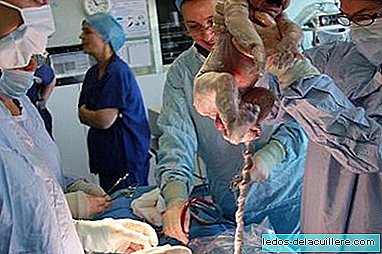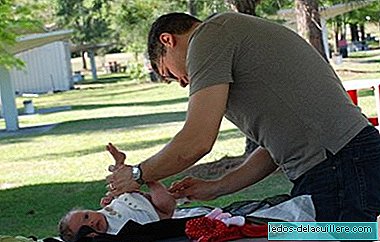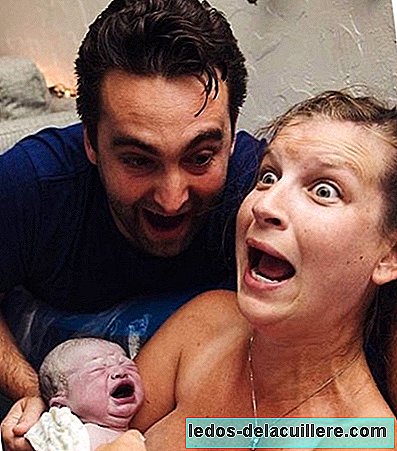
In 1979, gynecologist Florence Haseltine decided that she wanted to give birth by caesarean section. For centuries, caesarean section was an operation that was practiced when the mother was almost dead and, of course, died after practicing this intervention.
But in the twentieth century there have been certain important discoveries in the medical field and gynecology has advanced enough that the caesarean section is not synonymous with death for the mother. But why did a doctor in obstetrics decide to have a C-section to bring her baby into the world?
Florence Haseltine said that a woman does not get pregnant to give birth but to have her baby. She was criticized for her decision, as is the case with many women who today decide for themselves (and not because the doctor advises her) to give birth by caesarean section. An unnecessary cesarean section.
But she was a trained woman, who had attended births, with enough knowledge and experience to supposedly decide on the basis. He was also a feminist, and he wanted to overcome all the obstacles his gender had raised in his career. And he claimed his decision as a form of feminism, different from the one that proposes that women are powerful to give birth naturally without anesthesia.
For her, that was a great example of women's right to decide. The right to have enough information to know all medical ocpions and choose the most convenient. At least the one she considered the most convenient at the time, the one that made her feel more secure.

Precursor of "a la carte" caesarean sections
From that date on which Dr. Haseltine requested a C-section, the number of "a la carte" cesarean sections It has multiplied, not only in the United States but in much of our civilized world. This intervention has become so popular to bring a baby into the world that the world medical authorities have had to warn about its risks.
In 69 countries out of 137 of which information is available, cesarean section rates are increasing, not only with the consequent risk but also at a very high cost for these countries in unnecessary interventions.
Today a decision like the one taken by Dr. Florence Haseltine would continue to be misunderstood, but it could also be more easily discussed thanks to the data and recommendations of the World Health Organization, which strongly states that the caesarean section should only be made if there is medical indication
The risk of entering the Intensive Care Unit is ten times greater after a planned selective caesarean section than after a natural vaginal delivery. In the face of natural births, caesarean sections are associated with an increase in maternal morbidity and mortality. Their practice has also been associated with a higher risk of requiring a transfusion or hysterectomy. This is what WHO tells us. This is what scientific studies say on the subject.
With all this, there may not be a doctor with the appropriate and up-to-date training today who decided to give birth by caesarean section without any medical reason. Although many people without complete information still decide this way of giving birth.
And I wonder, those women, why nobody offers them that information? After all, they will be taken care of by doctors ... Who should continue unnecessary caesarean sections, despite the risks involved? Shouldn't any economic incentive for this type of intervention be abolished?
A recent study on the factors responsible for the increasing incidence of cesarean deliveries shows us that there are many determining factors, but they have to do with the increase in the demand of the patients and the increase in the provision by the doctors to whom He pays them for the intervention.
Here is one of the reasons why caesarean sections are more frequent in private hospitals. Which leads me to think ... does the path that public health leads in Spain, privatizing more and more services, will not continue to favor caesarean sections? Shouldn't a drowned system opt for the cheapest option, since it is the safest?
And, on the other hand, can a woman decide a C-section if the medical team does not see it necessary? Can you refuse to practice this intervention? Should they convince the woman? Many questions arise on this issue ...
By the way, Florence Haseltine is still active in the world of research and publication, is the author of several works on reproductive biology, gynecology and female health, founded her own women's disease research association (Women's Heath Research) and belongs to prestigious medical societies.
I bet that today, with all the new data that is known about the risks of the intervention, the gynecologist would not opt for a cesarean delivery unless it was medically necessary. Or so I hope ...












